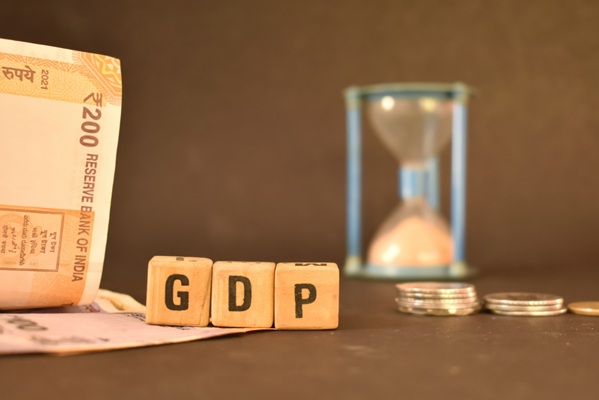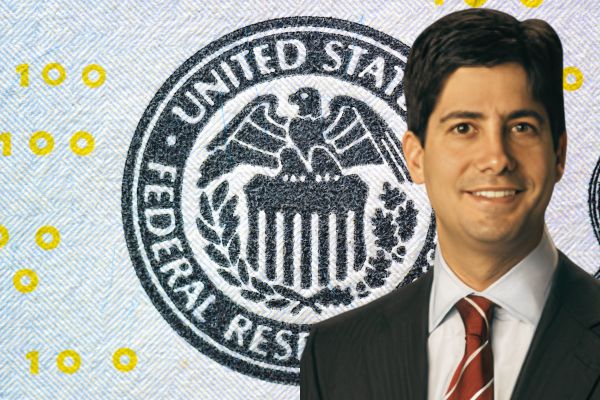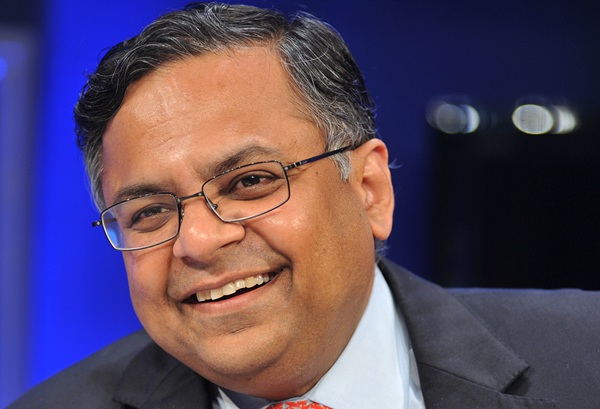.png)
November 19, 2025 at 7:35 AM IST
The 25% tariffs the United States imposed on select Indian exports in 2025—framed as a penalty for India’s purchases of Russian crude oil—has lost all economic and strategic logic. With India sharply reducing imports of Russian oil and substantially redirecting its energy sourcing toward the US, maintaining this tariff now serves only to erode goodwill and distort a relationship that Washington itself has described as vital. The Global Trade Research Initiative (GTRI) argues that the tariff must be withdrawn immediately rather than tied to the pace of broader trade negotiations.
US President Donald Trump has already acknowledged that India has “very substantially” stopped buying Russian oil, confirming publicly on November 11 that the tariff was imposed solely for that reason and that “we’re going to be bringing the tariffs down.” With that admission, the surcharge stands exposed as a policy whose stated trigger has already been addressed. Keeping it in place, therefore, amounts to penalizing a partner that has acted decisively on US concerns.
Energy trade data underscores this shift. Between April and September 2025, India’s imports of US crude surged 66.9% to $5.7 billion, helping lift total US petroleum exports to India by more than 36% to $7.5 billion. Over the same period, Indian exports of petroleum products to the US declined 15%, disproving earlier fears that India was refining Russian crude and re-routing it into the American market.
India has also locked in fresh commitments to US suppliers, most notably a Bharat Petroleum contract for 10 million barrels of Midland crude between November and March, and a first-ever structured agreement to import about 2.2 million tonnes of US liquefied petroleum gas in 2026—around 10% of India’s annual LPG requirement. These moves reflect a deeper structural pivot toward American energy, not a transient adjustment. Under such circumstances, GTRI argues, the tariff—designed as a coercive instrument—has become irrelevant and counterproductive.
What makes the surcharge even more anomalous is that major economies still purchasing substantially more Russian oil, particularly China, face no comparable penalties. The disparity gives the measure the appearance of being selectively punitive rather than strategically consistent. Allowing the tariff to persist despite India’s compliance weakens Washington’s credibility and creates uncertainty for Indian exporters who are already navigating tight global demand conditions.
The cost of holding on to the tariff is not merely economic. It risks impeding delicate trade negotiations at a moment when both sides are attempting to rebuild momentum. A swift rollback would signal that the US remains fair and responsive to partners who demonstrate alignment. It would also reinforce the President’s own public commitment to unwind the duty and acknowledge India’s rapid realignment toward American energy sources.
Scrapping the tariff now would restore parity, remove an unnecessary irritant, and strengthen the foundation for forward-looking trade cooperation. Any delay, by contrast, would reward neither US strategic objectives nor its economic interests. India has acted; the rationale has evaporated. Washington should remove the surcharge immediately.



